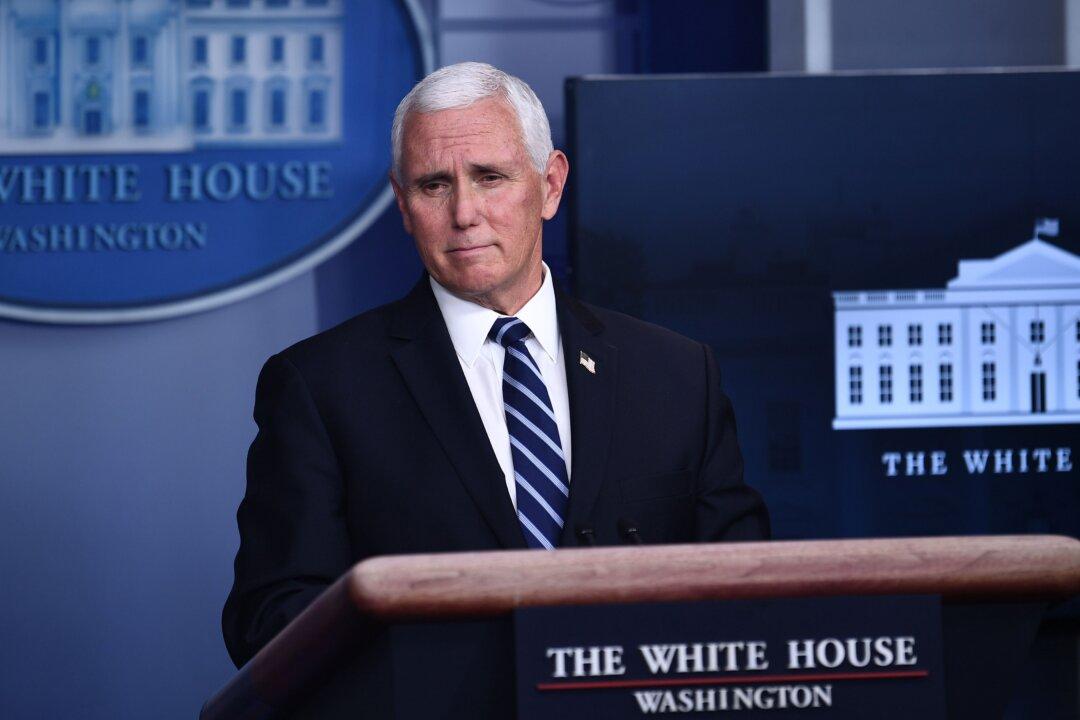Vice President Mike Pence on Wednesday said that he doesn’t believe he has the “unilateral authority” to decide between competing slates of electors.
“It is my considered judgment that my oath to support and defend the Constitution constrains me from claiming unilateral authority to determine which electoral votes should be counted and which should not,” Pence said in a statement released just before a joint session of Congress began.





